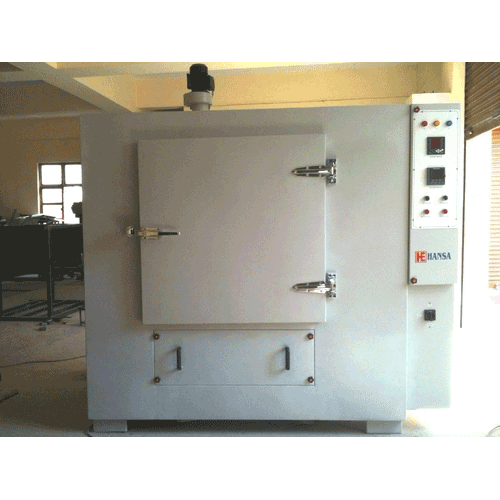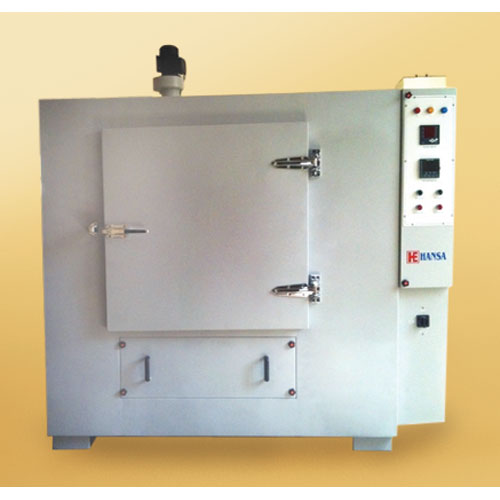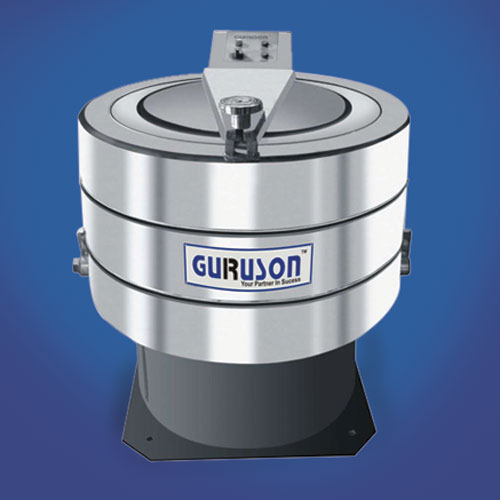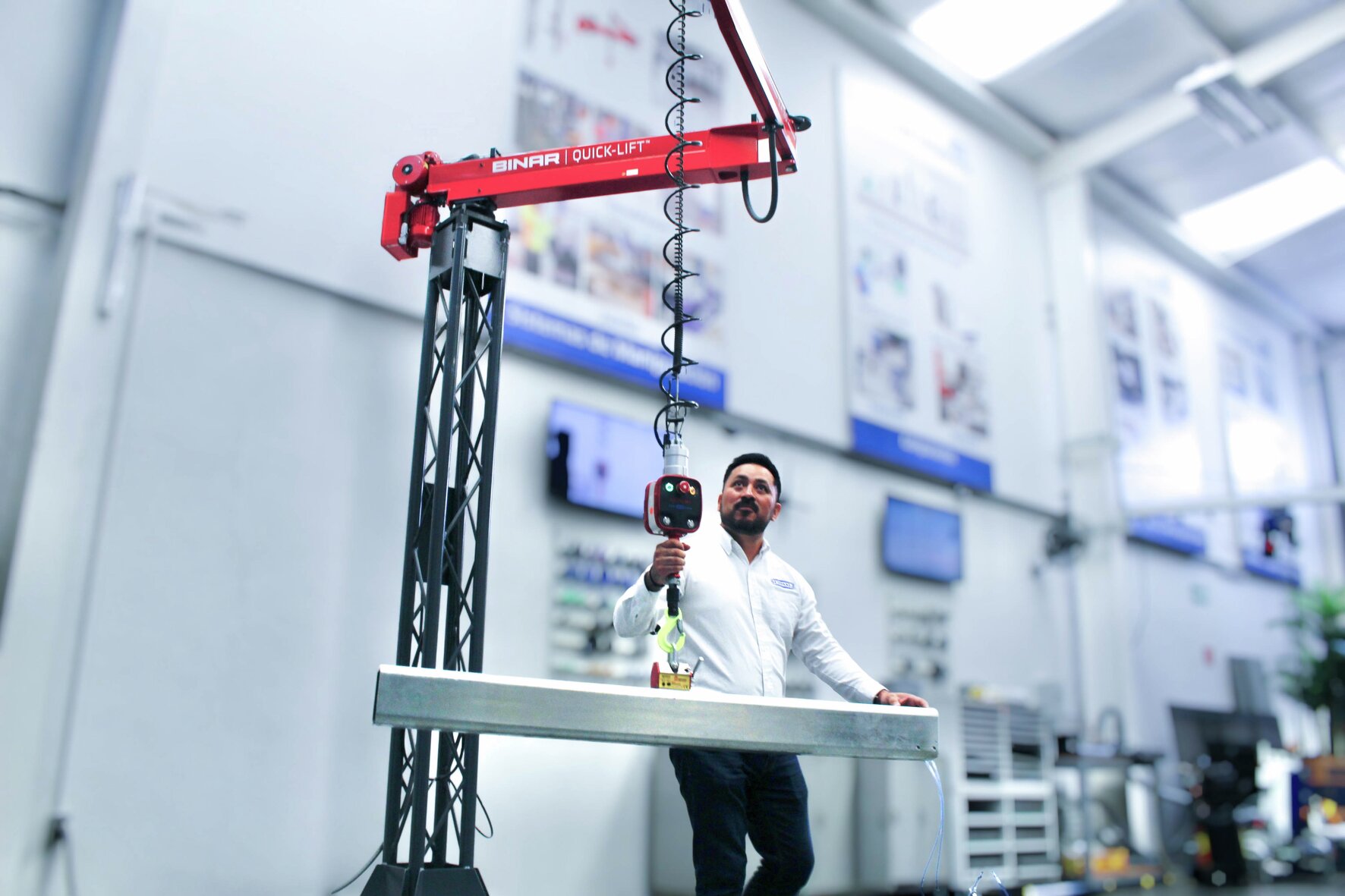Schedule a Call Back
[Budget 2020] Focus on “Network Products†to boost exports, says Economic Survey
 Industry News
Industry News- Feb 01,20
Related Stories

India’s Manufacturing Mission: What Make in India Got Right and Wrong
A decade after its launch, Make in India shows sectoral progress but structural gaps remain. As global manufacturing turns VUCA, the next phase must focus on value addition, jobs and ecosystems, say..
Read more
SiMa.ai Partners Kaynes Semicon to Advance Physical AI Manufacturing in India
SiMa.ai has partnered with Kaynes Semicon to co-develop Make in India Physical AI systems and defence-focused AI solutions, accelerating adoption across industrial, automotive, aerospace and defence..
Read more
JK Tyre Inaugurates Phase III Expansion at Banmore PCR Plant
JK Tyre has commissioned Phase III expansion at its Banmore PCR facility in Madhya Pradesh, raising capacity to 30,000 tyres per day as part of Rs 10 billion multi-phase investment.
Read moreRelated Products

Heavy Industrial Ovens
Hansa Enterprises offers a wide range of heavy industrial ovens.

High Quality Industrial Ovens
Hansa Enterprises offers a wide range of high quality industrial ovens. Read more

Hydro Extractor
Guruson International offers a wide range of cone hydro extractor. Read more
















